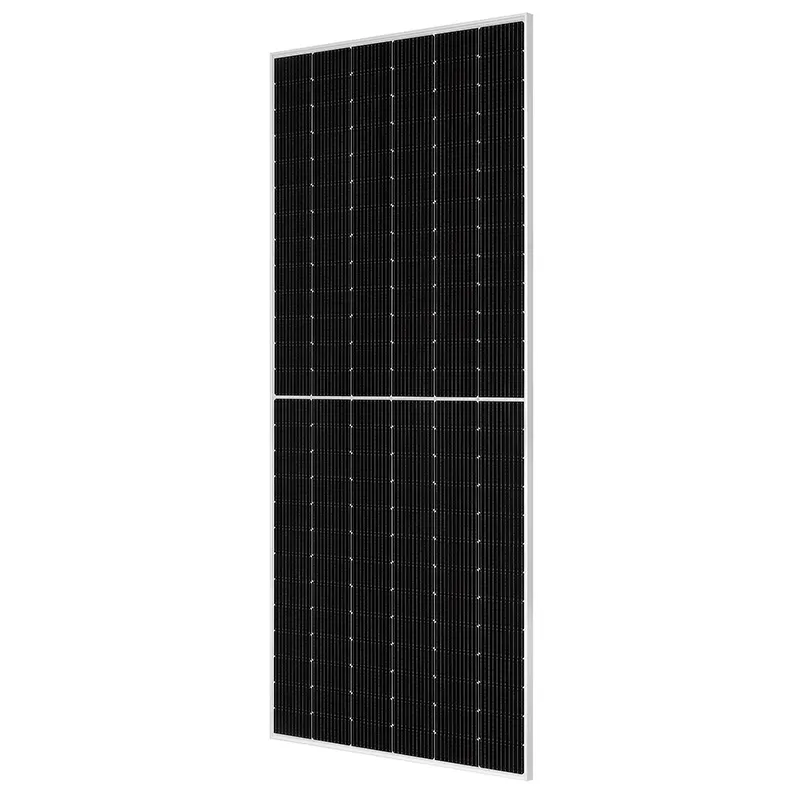Estimating the Expenses Involved in Installing Solar Panels on Your Home
The Cost of Adding Solar Panels to Your Home A Comprehensive Overview
In recent years, the adoption of solar energy has surged as homeowners seek to reduce their electricity bills, decrease their carbon footprint, and increase the value of their properties. However, one of the first questions that arise when considering solar panels is the associated costs. Understanding the financial aspects of adding solar panels to your home is crucial for making an informed decision.
Initial Costs of Solar Panel Installation
The initial investment for solar panel installation can vary significantly based on several factors, including the size of your home, local labor costs, the type of solar panels chosen, and any additional equipment required, such as inverters or battery storage systems. On average, homeowners can expect to pay between $15,000 and $30,000 for a complete solar panel system before any tax credits or incentives.
To break it down further, the average cost per watt for solar panels ranges from $2.50 to $3.50. A typical residential solar panel system usually ranges from 5 kW to 10 kW in size, which translates to a total cost of about $12,500 to $35,000 before applying any financial incentives. It’s essential to get multiple quotes from reputable solar installers to ensure you receive a fair price and quality service.
Financing Options
Fortunately, there are various financing options available to help homeowners manage the upfront costs of solar panel installation. Many companies offer solar loans that allow you to finance the entire system or a portion of it. Some homeowners opt for leasing solar panels, where they can install solar energy systems without a hefty upfront cost but pay a monthly fee for the use of the panels. While leasing may provide immediate savings on utility bills, it’s important to remember that the long-term savings may be less compared to owning the system outright.
Additionally, various incentives are available to ease the financial burden of solar installation. The Federal Solar Investment Tax Credit (ITC) allows homeowners to deduct a significant percentage of their installation costs from their federal taxes. As of 2023, this tax credit stands at 30%, providing a substantial reduction in overall expenditures for solar panel installations.
cost to add solar panels to house

Long-term Savings
While the initial costs may seem daunting, solar panels can lead to significant long-term savings on electricity bills. By generating your own electricity, you can reduce or even eliminate your monthly utility bills, depending on the size of your system and your energy consumption. Moreover, many states have net metering policies that allow you to sell excess electricity back to the grid, further offsetting your costs.
According to the National Renewable Energy Laboratory (NREL), homeowners can save an average of $20,000 to $50,000 over the lifetime of their solar panels (typically around 25 years) depending on their state’s electricity rates and solar incentives. This long-term perspective is crucial for considering the overall value of the investment in solar energy.
Property Value and Market Trends
Adding solar panels to your home can also increase its market value. Many prospective buyers view solar panels as an attractive feature, often willing to pay a premium for homes with solar energy systems. Some studies have shown that homes with solar panels can sell for an average of 4-6% more than comparable homes without them.
Market trends indicate that the solar industry is poised for continued growth. With increasing awareness of climate change and the rising costs of traditional energy sources, homeowners are more inclined to invest in renewable energy technologies. This shift not only benefits individual homeowners but also contributes to a broader transition towards sustainable energy solutions.
Conclusion
In conclusion, while the cost of adding solar panels to your home involves a significant initial investment, the long-term benefits can far outweigh the expenses. By understanding the financial implications, exploring various financing options, and considering the potential savings on electricity bills and property value increases, homeowners can make a well-informed decision. As more homeowners embrace solar energy, it becomes increasingly clear that investing in solar panels is not just an environmentally friendly choice but a financially savvy one as well.
-
String Solar Inverter: The High-Efficiency Solution for Smart Solar EnergyNewsJul.14,2025
-
Revolutionizing Rooftop Energy with the Power of the Micro Solar InverterNewsJul.14,2025
-
Power Independence with Smart Off Grid Solar Inverter SolutionsNewsJul.14,2025
-
On Grid Solar Inverter: Powering the Future with Smart Grid IntegrationNewsJul.14,2025
-
Monocrystalline Solar Panels: High-Efficiency Power for the Future of Clean EnergyNewsJul.14,2025
-
Bifacial Solar Panel: A Smarter Investment for Next-Generation Energy SystemsNewsJul.14,2025







